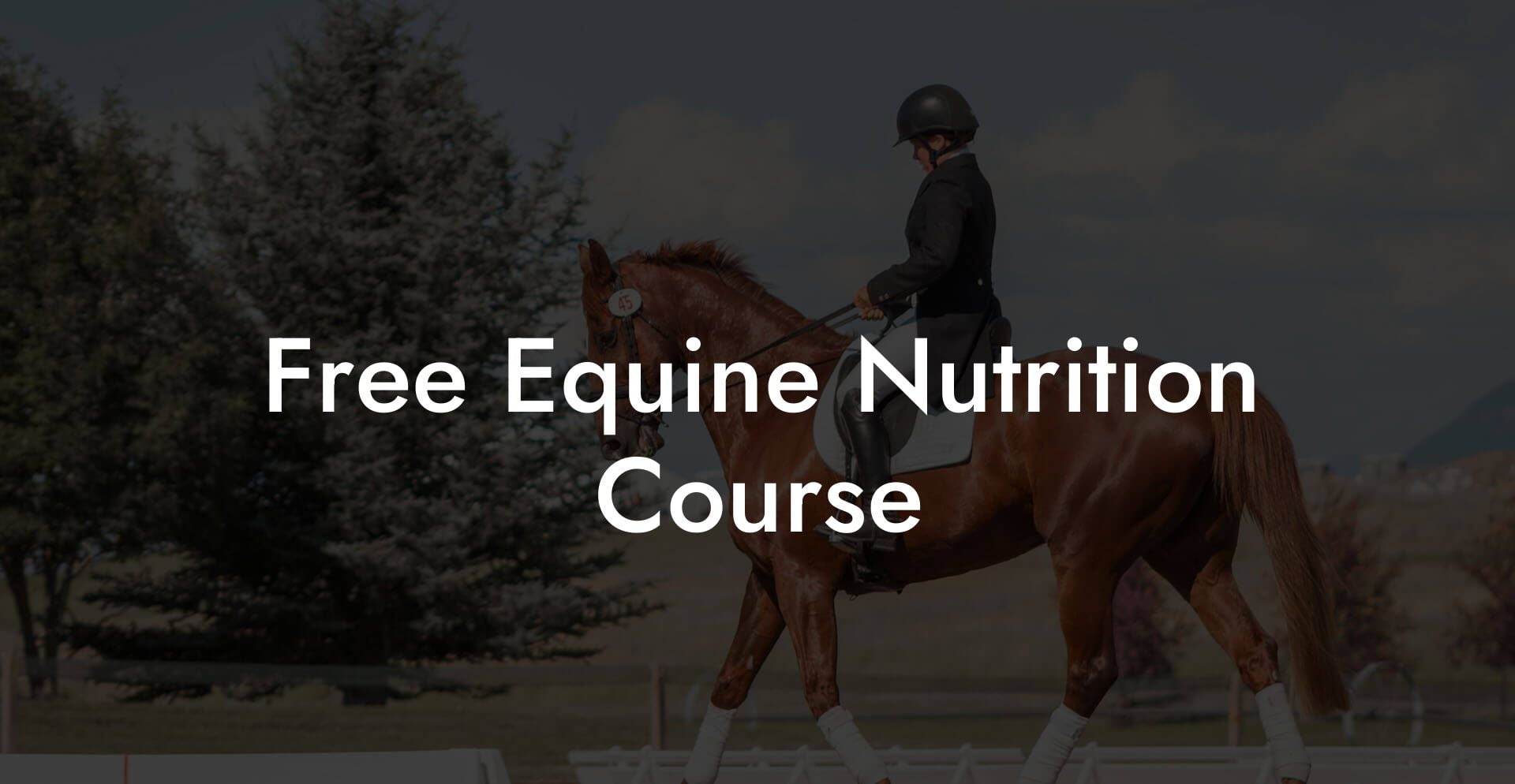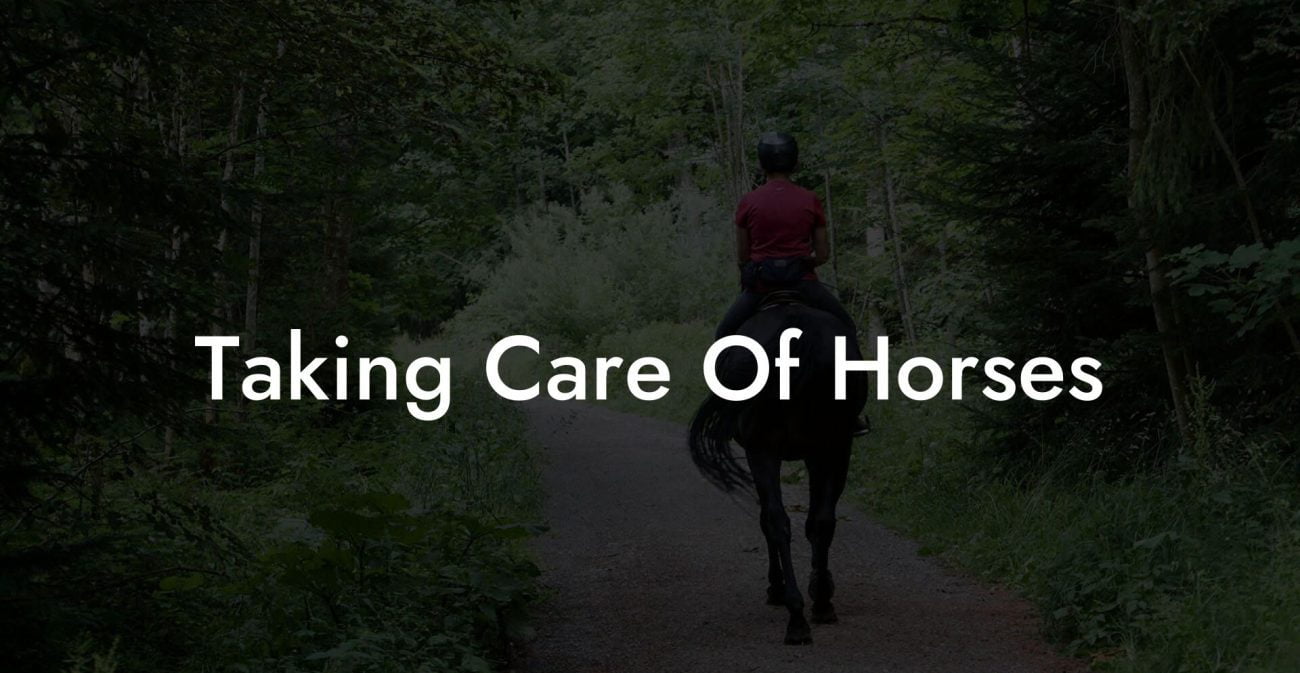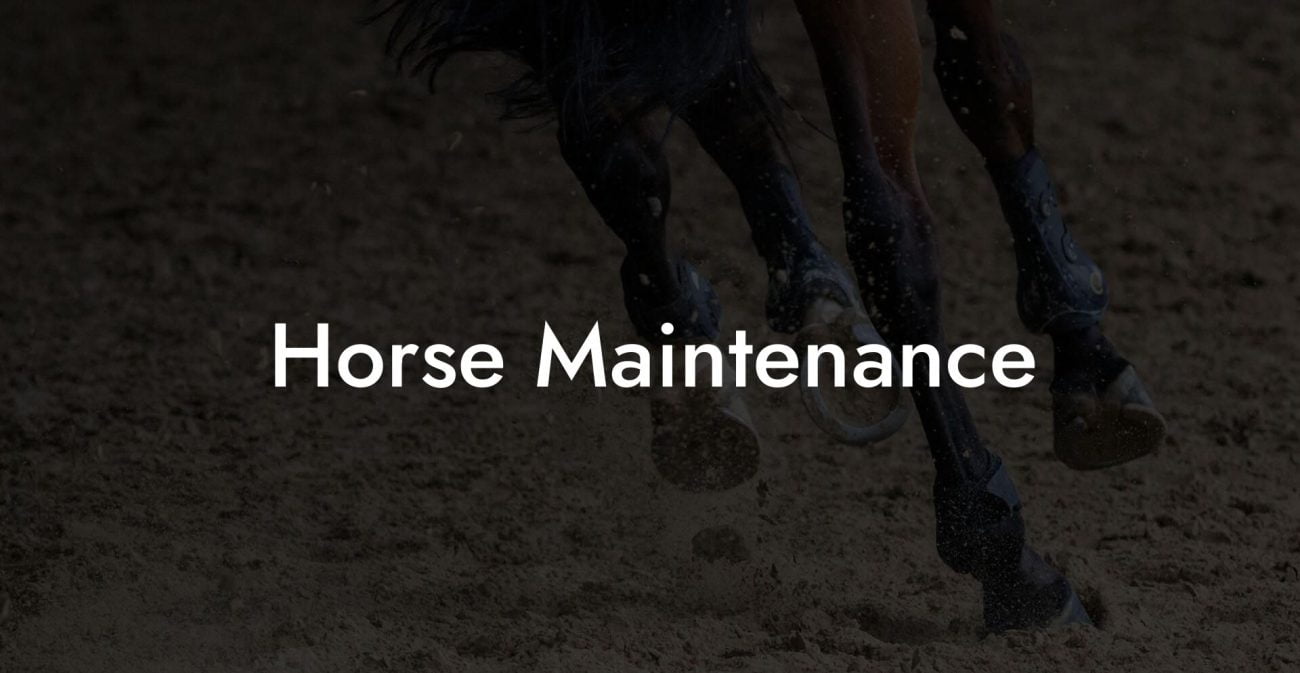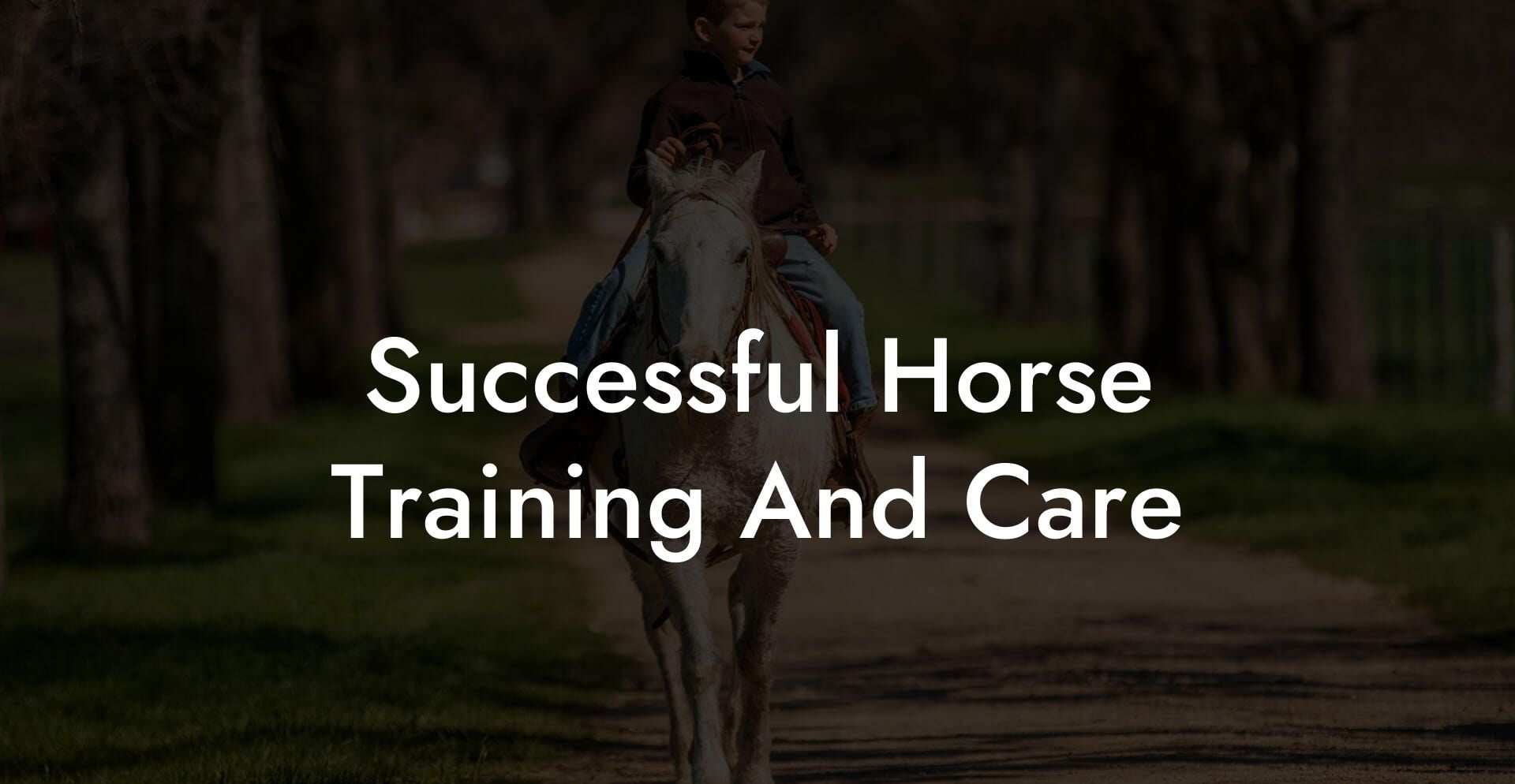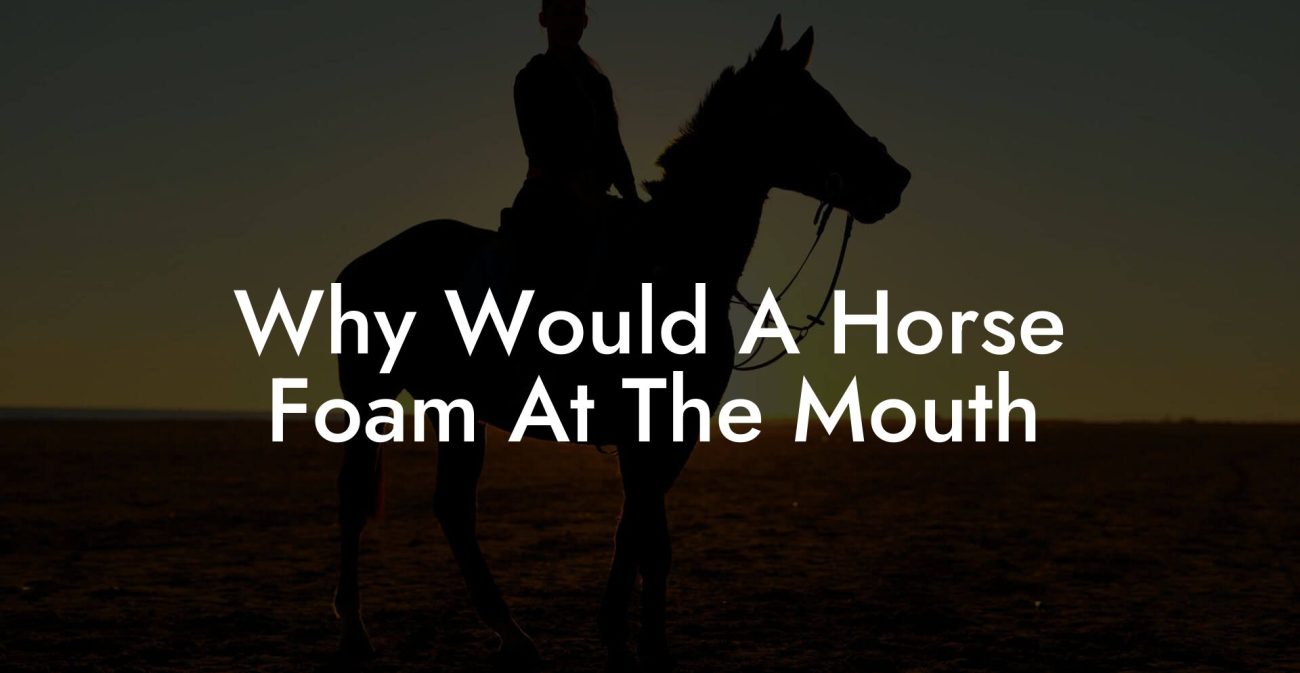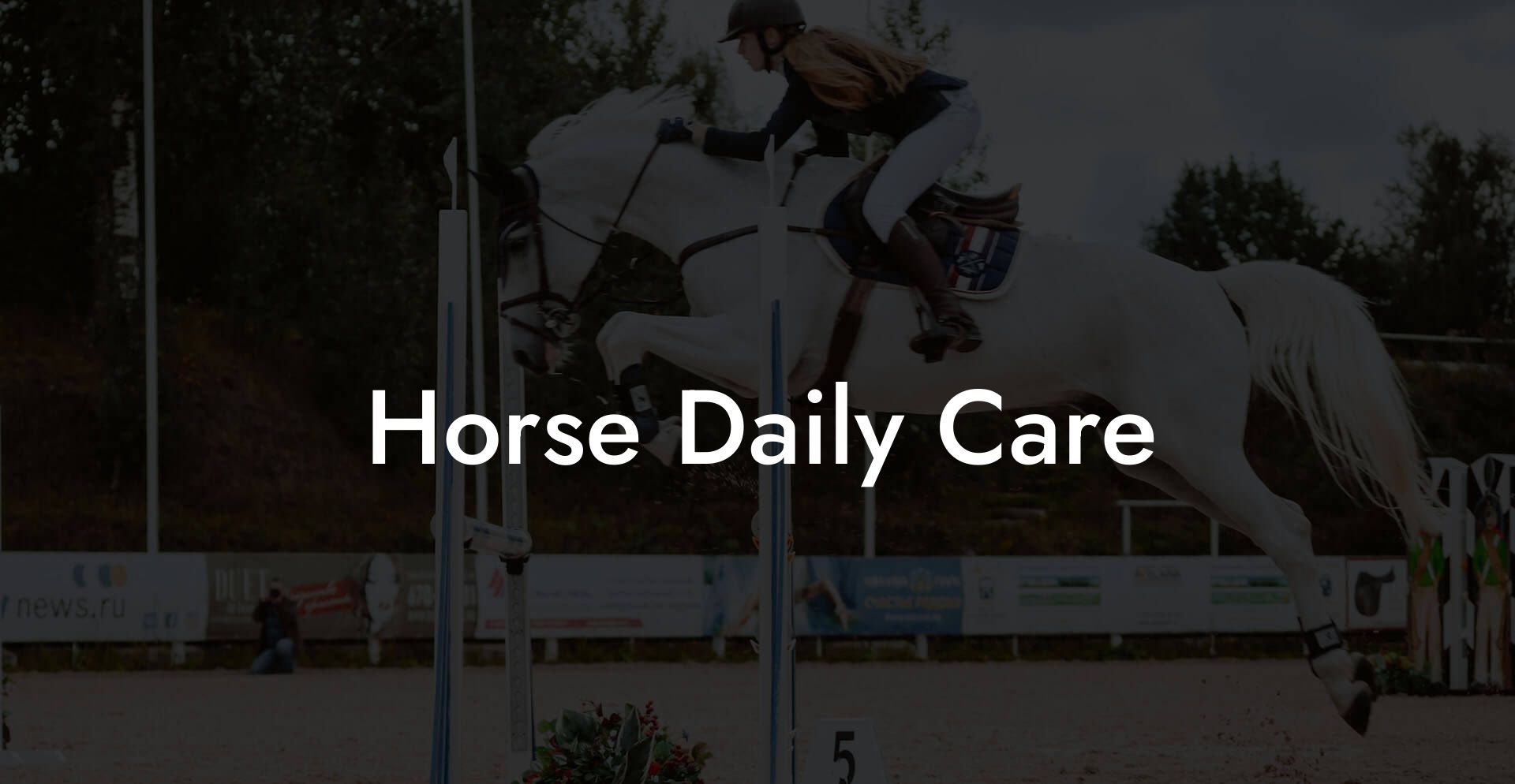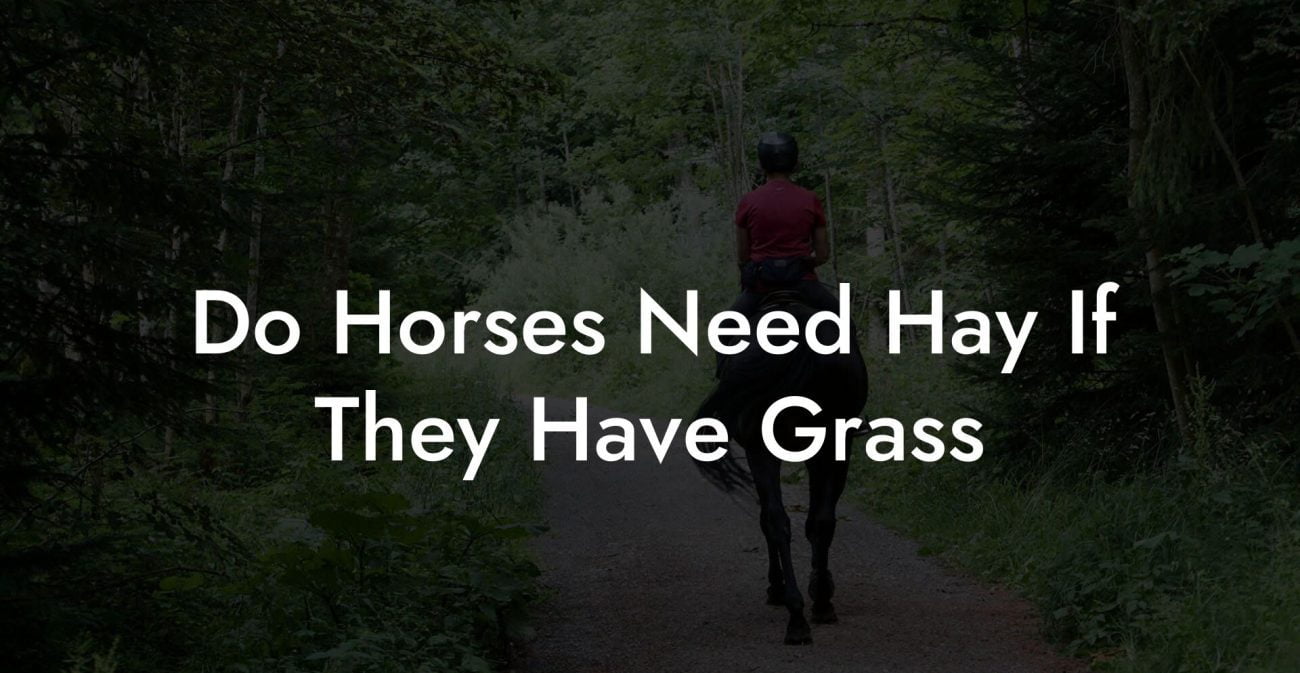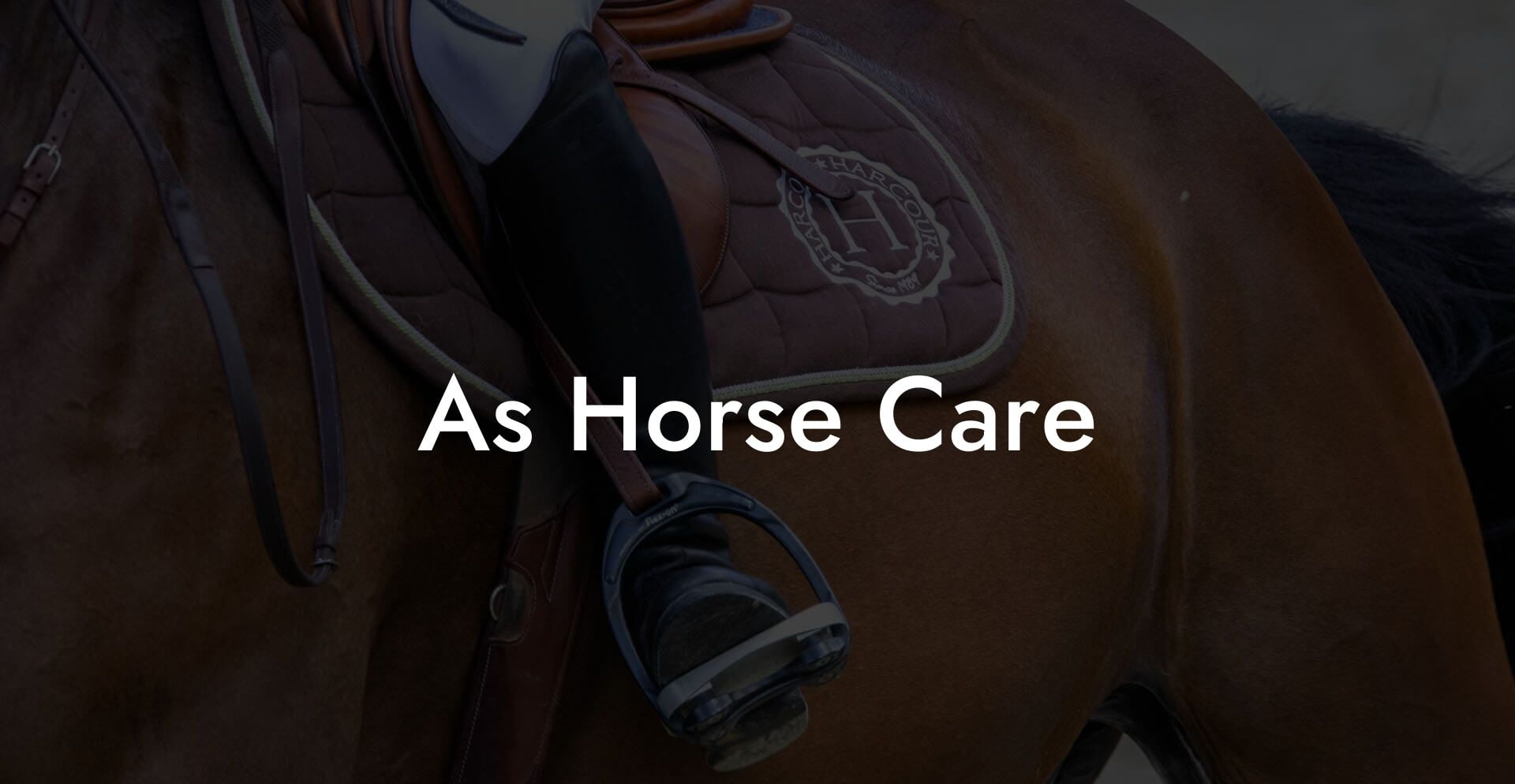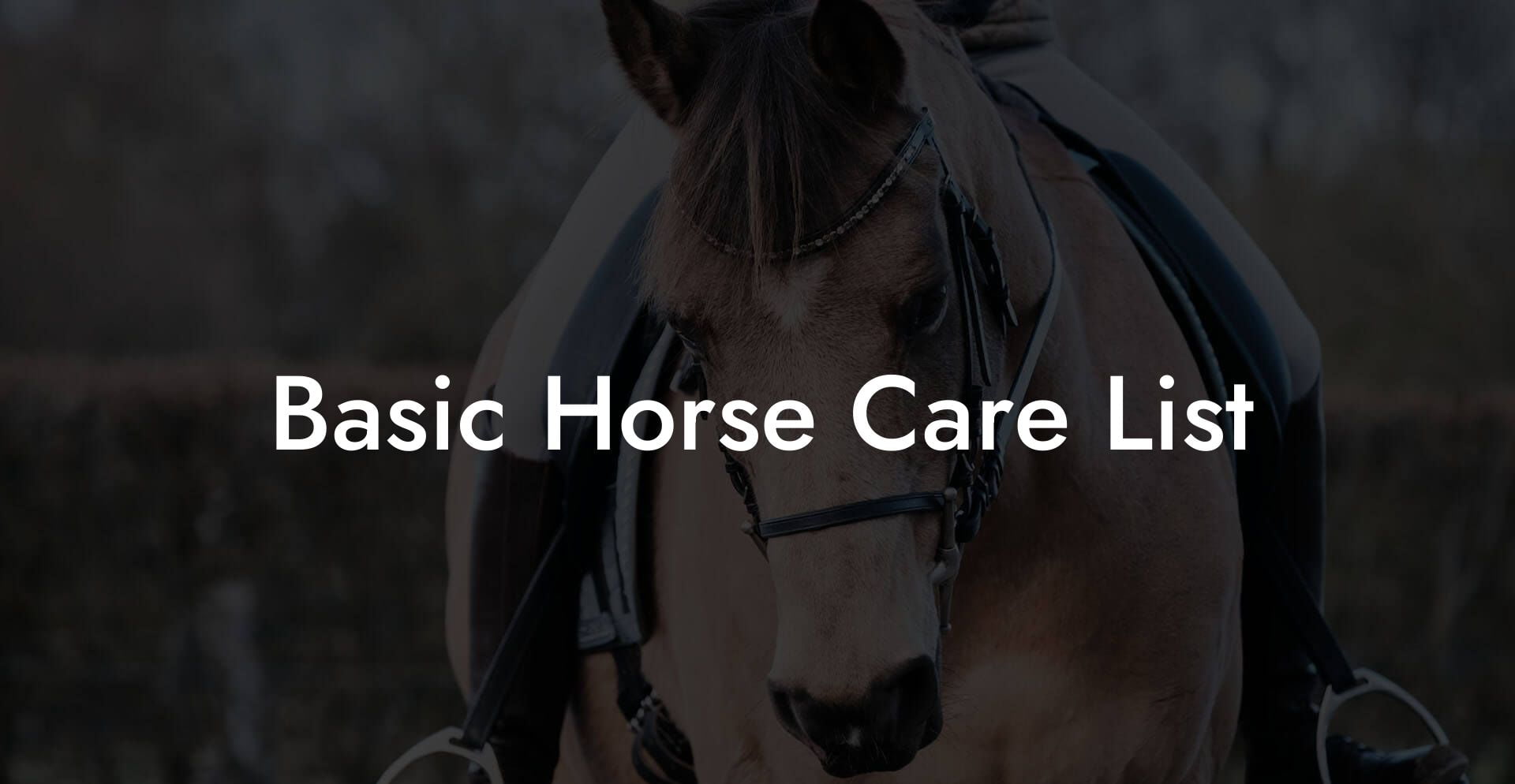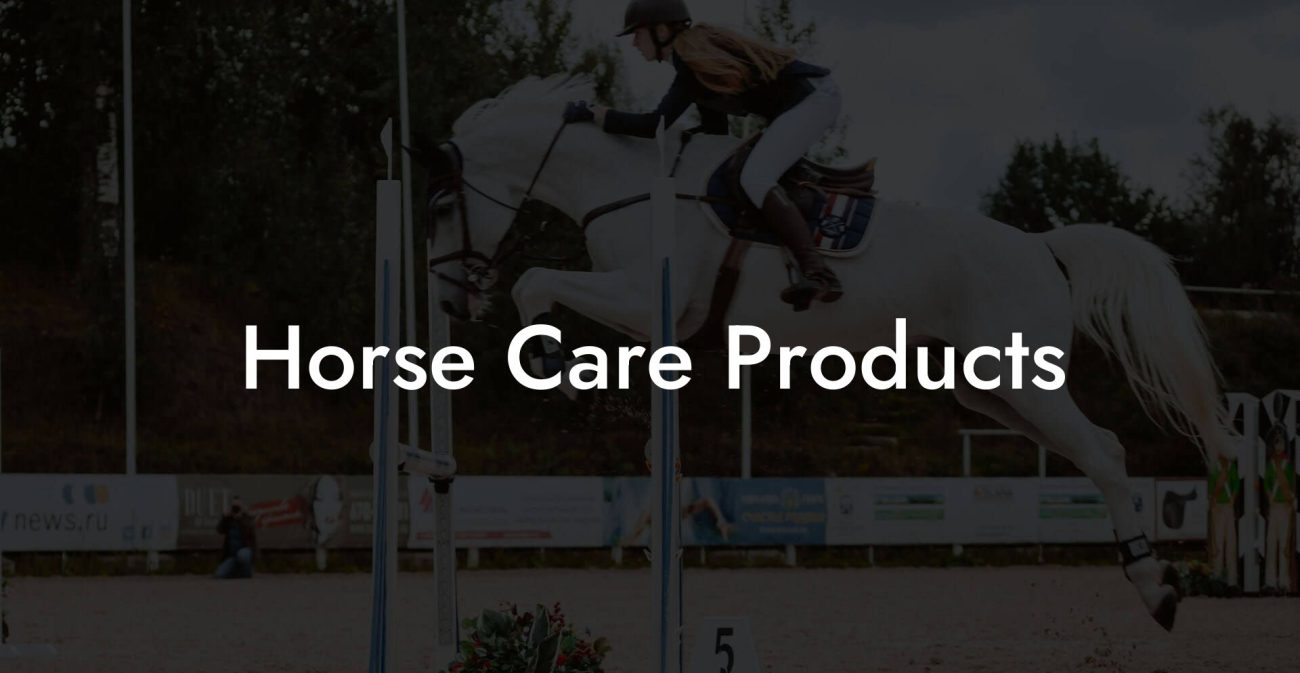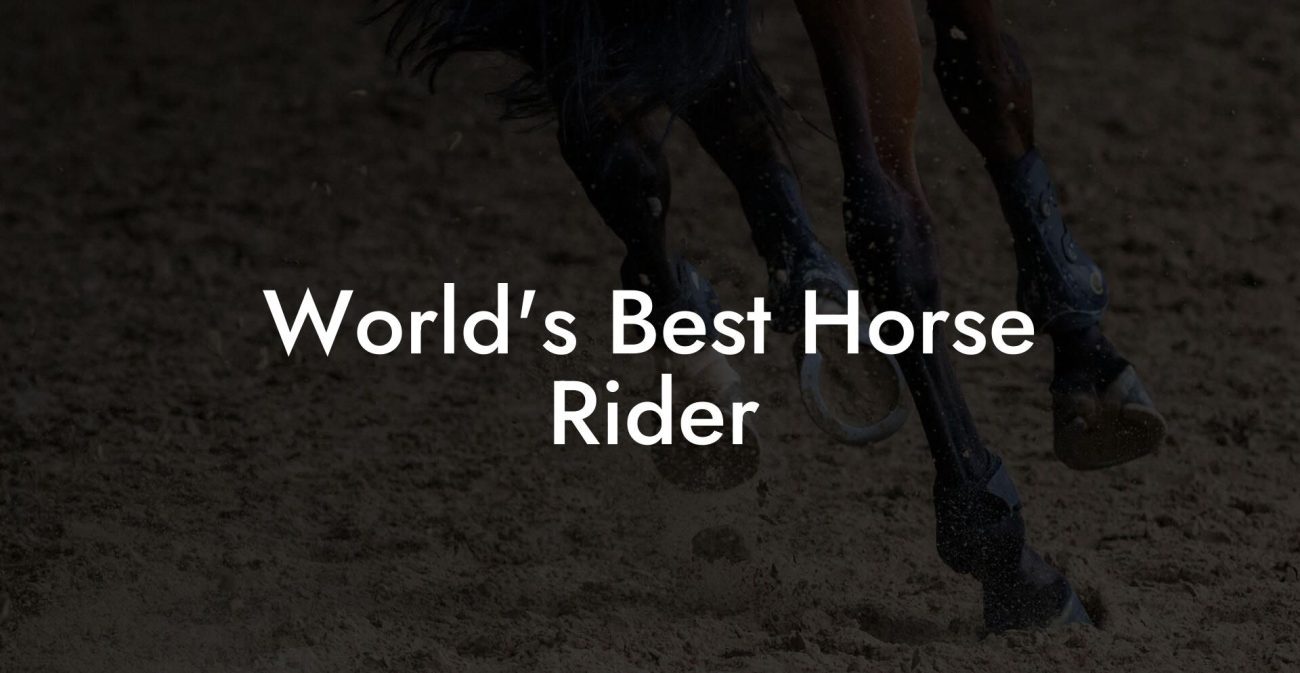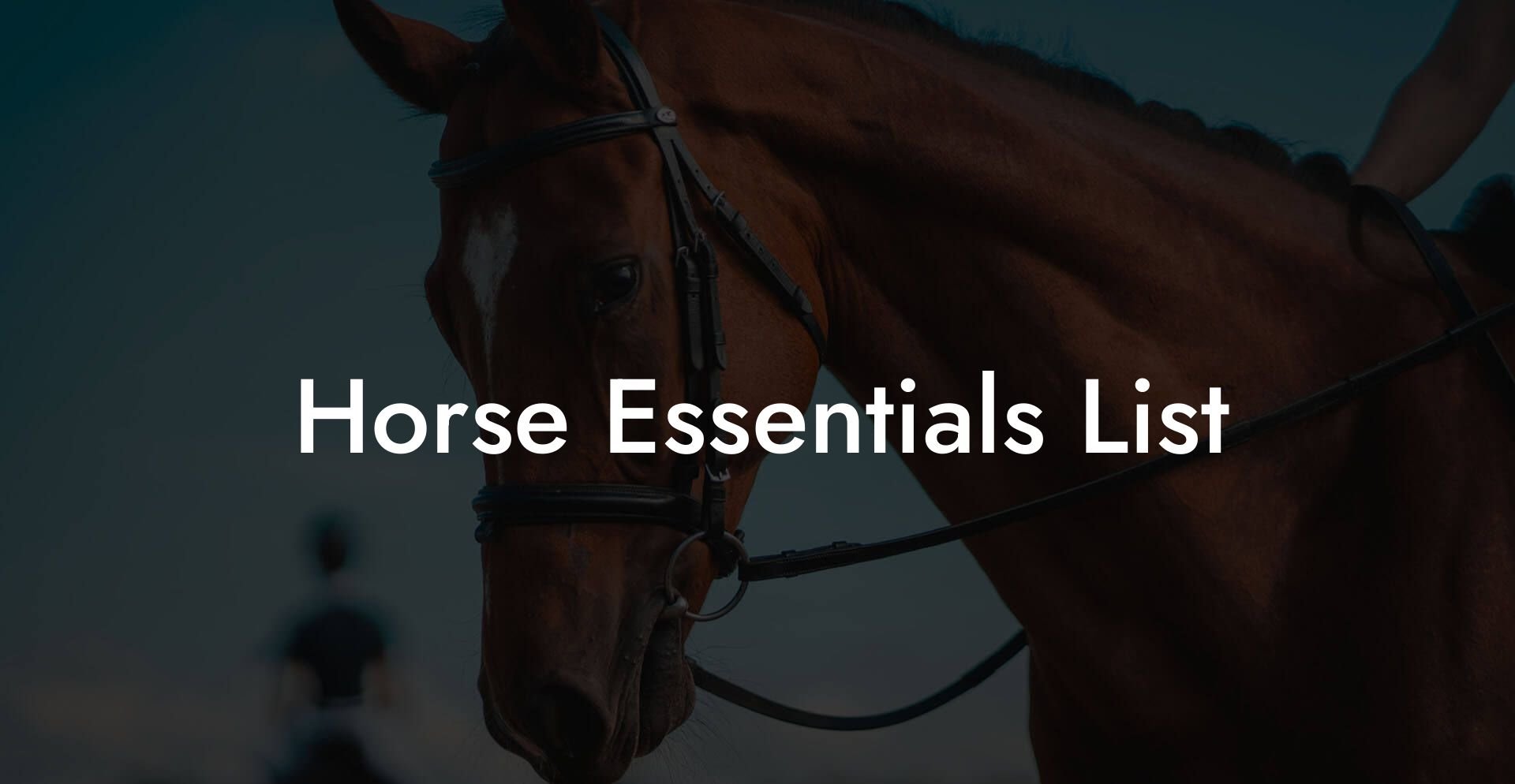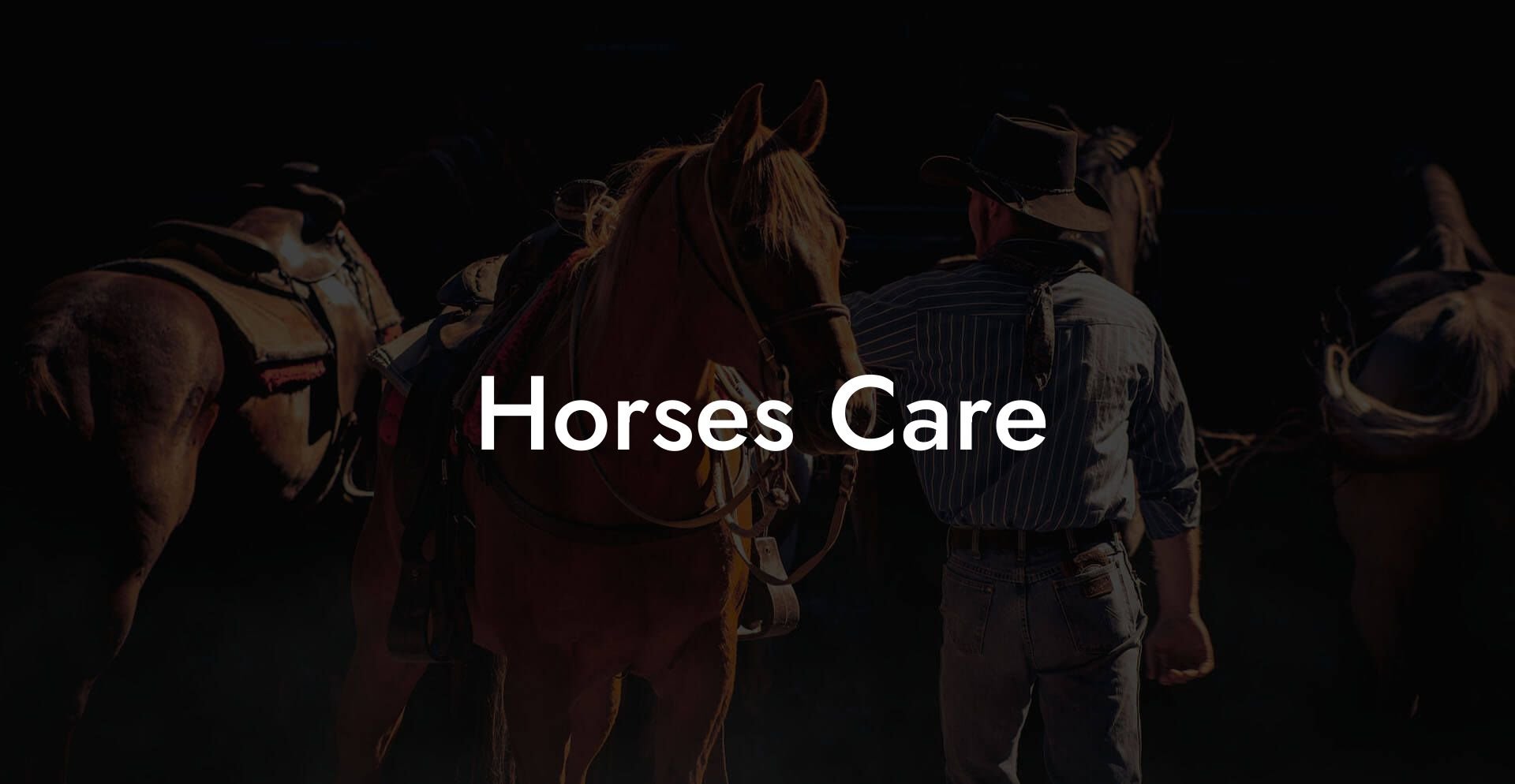Ever wondered what it takes to turn your four-legged friend into the healthiest, happiest steed on the block? Dive into the fascinating realm of equine nutrition where science meets passion, and every carrot, hay bale, and grain kernel plays a starring role. This free equine nutrition course isn’t your run-of-the-mill snooze fest; it’s designed for the modern, curious, and occasionally quirky horse lover who wants to feed their companion not just to survive, but to thrive. Buckle up, because we’re about to gallop through a world where balanced diets, customized feed plans, and cutting-edge nutritional strategies are the secret weapons for equine well-being.
Quick Links to Useful Sections
- What is Equine Nutrition and Why Should You Care?
- The Science Behind Horse Nutrition
- Course Overview: Your Free Equine Nutrition Journey
- Horse Nutrition 101: Understanding Feed Types
- Forages
- Concentrates
- Supplements
- Meet the Experts: Proven Strategies and Cutting-Edge Research
- Customizing Your Horse’s Diet: From Foals to Champions
- Foals: Laying the Foundation for a Healthy Life
- Adult Performance Horses: Fuel for Endurance and Speed
- Seniors: Nurturing the Twilight Years
- Practical Feeding Strategies and Common Missteps
- Establishing a Feeding Routine
- Portion Control and Feed Quality
- Navigating Feed Transitions
- Crafting a Comprehensive Nutrition Plan
- Step 1: Conduct a Nutritional Assessment
- Step 2: Set Measurable Goals
- Step 3: Balance Forage and Concentrates
- Step 4: Monitor and Adjust Regularly
- Integrating Technology in Equine Nutrition
- Resources and Community Support: Your Next Steps
- Real-Life Success Stories: Transformations Through Nutrition
- Case Study 1: From Lethargy to Limitless Energy
- Case Study 2: Overcoming Digestive Challenges
- Case Study 3: Optimizing Nutrition for Aging Champions
- FAQs: Your Equine Nutrition Questions Answered
- Your Journey to Equine Nutritional Mastery Begins Now
What is Equine Nutrition and Why Should You Care?
For generations, horses have been our partners in agriculture, sport, and adventure. They’ve carried us through battles, plowed fields, and thrilled audiences at rodeos. But behind every strong stride and spirited neigh is a meticulously balanced diet. Equine nutrition is the art and science of feeding horses in a way that meets their unique biological needs. Unlike human diets, where taste often triumphs over necessity, a horse’s menu is all about optimum performance, sustained energy, and robust health.
So, why should you care? Because whether you’re a seasoned equestrian, a Gen-Z stable manager, or a millennial horse enthusiast, understanding equine nutrition means gaining insights into how to enhance your horse’s performance, prevent illnesses, and build a bond rooted in trust and care. This free equine nutrition course is your ultimate ticket to mastering this vital aspect of horse care.
In today’s digital era, where resources are as abundant as Instagram horse influencers, how do you sift through the misinformation and find reliable, actionable advice? Our course distills years of research, expert insights, and real-world practice into a comprehensive guide aimed at empowering you to make informed decisions for your equine friend.
The Science Behind Horse Nutrition
Horses are unique creatures with specific dietary needs that differ dramatically from other domestic animals. Their digestive systems are finely tuned to process a variety of fibrous feeds and forage. Unlike carnivores, horses are herbivores and have evolved with a digestive tract optimized for grass-based diets. However, modern lifestyles, diverse work conditions, and changes in farming practices have led to evolving nutritional challenges.
At its core, equine nutrition is all about balancing the three primary macronutrients: carbohydrates, proteins, and fats, along with essential vitamins and minerals. Each of these dietary components plays a pivotal role:
- Carbohydrates: Mainly derived from grasses and hay, carbohydrates are the main energy source for horses. They fuel long rides, jumping sessions, and daily activity.
- Proteins: Essential for growth, repair, and recovery, proteins in the form of amino acids help build muscle tissue and maintain overall body functions.
- Fats: Though required in smaller quantities, fats are crucial for energy storage and absorption of fat-soluble vitamins.
Beyond these basics, micronutrients, vitamins, minerals, and electrolytes, ensure that every cell operates at peak efficiency. Deficiencies or imbalances in these nutrients can lead to a variety of health issues, ranging from developmental disorders in foals to metabolic syndromes in performance horses.
Understanding the intricate interplay of these nutrients and how they are absorbed, metabolized, and utilized gives you a powerful insight into tailoring a diet that maximizes your horse’s performance and longevity.
In this course, we’ll unpack each of these components and explore research-backed strategies to optimize them for your horse’s unique needs.
Course Overview: Your Free Equine Nutrition Journey
This free equine nutrition course is tailored to provide both foundational knowledge and advanced techniques that propel your horse’s nutrition into the spotlight. Whether you're looking to simply optimize daily feed routines or dive deep into the science of nutrient absorption, our course has something for everyone.
Module 1: The Basics of Equine Diets – Start with the fundamentals, understanding your horse’s natural feeding behaviors and digestive anatomy. Learn about forage, hay, and the role of grazing in maintaining optimal health.
Module 2: Macronutrients and Micronutrients Demystified – Get to know the building blocks of your horse’s diet. This module explores the roles of carbohydrates, proteins, fats, vitamins, and minerals in equine nutrition.
Module 3: Advanced Feeding Strategies – Discover how to customize diets based on the horse’s age, activity level, and physiological status. Topics include managing weight, boosting performance, and supporting recovery.
Module 4: Common Nutritional Disorders and How to Avoid Them – From laminitis and colic to metabolic syndrome, learn how to identify, prevent, and manage these conditions through dietary interventions and lifestyle modifications.
Module 5: Practical Feed Management and Forage Analysis – Develop hands-on skills in evaluating forage quality, reading feed labels, and incorporating supplements. This module emphasizes real-world applications, making it easy for you to put theory into practice.
Module 6: Community and Resources – Join a network of fellow horse enthusiasts, nutrition experts, and veterinarians. Exchange tips, participate in Q&A sessions, and access exclusive webinars and tutorials.
By the end of this course, you'll be equipped with all the knowledge needed to develop a comprehensive, science-backed nutritional plan that ensures your horse thrives in every season.
Horse Nutrition 101: Understanding Feed Types
Let’s gallop right into the world of feeds. A horse’s diet can be split into several categories: forages, concentrates, and supplements. Knowing the differences is essential in crafting a balanced diet.
Forages
Forages form the cornerstone of your horse’s diet. This category includes fresh pasture, hay, and silage. High-quality forage is packed with fiber, the nutrient that ensures proper digestive function. As a rule of thumb, a healthy adult horse should consume at least 1-2% of its body weight in forage per day.
Why is forage so important? It mimics what horses have evolved to eat and keeps the gut churning smoothly. For the modern equine, especially those in stables or urban environments, ensuring a steady supply of high-grade hay or pasture mix is a no-brainer for optimal health.
Concentrates
Concentrates include grains like oats, barley, and corn, plus commercially prepared pelleted feeds. These are energy-rich feeds designed to supplement forage, particularly when a horse's energy demands exceed what forage alone can offer. However, the key here is moderation. Overfeeding concentrates can lead to issues like colic and laminitis, so it’s crucial to balance them against the bulk of your horse’s diet.
Supplements
Supplements are the icing on the nutritional cake. They include vitamins, minerals, and other additives designed to target specific health issues or bolster overall performance. Whether you’re dealing with a deficiency or attempting to optimize your horse’s performance in the arena, supplements can provide that extra edge, just be sure they’re backed by research and veterinarian approval.
In this section of our course, we’ll dive deep into identifying quality hay, evaluating the nutrient profiles of different feed types, and crafting a dietary plan that minimizes risks while maximizing benefits. With plenty of practical tips and engaging insights, you’ll soon be able to differentiate between subpar and superstar feeds like a true equine nutrition guru.
Meet the Experts: Proven Strategies and Cutting-Edge Research
What sets this course apart is our commitment to blending time-tested practices with the latest scientific discoveries. We bring together equine nutritionists, veterinarians, feed manufacturers, and experienced riders to offer you a panoramic view of equine dietary health.
Expert Interviews: Throughout the course, you’ll find interviews and Q&A sessions with experts who have decades of experience in the field. They share their secrets on optimizing nutrition, what pitfalls to avoid, and how to adjust feeding strategies in a world where the only constant is change.
Case Studies: Real-life examples of successful nutritional management reveal how tailored diets can transform performance and address common health challenges. Whether it’s a racehorse’s journey back from a nutritional deficit or a pleasure horse’s transition to a more sustainable feeding schedule, these case studies provide inspirational blueprints for your own equine care.
Interactive Tools: Get access to cutting-edge tools like online forage analysis calculators, feed mix simulators, and mobile apps that help you track your horse’s nutritional intake. These resources are designed to integrate seamlessly with your daily routine, making nutritional management both fun and effective.
By embracing a holistic approach that merges tradition with innovation, this course ensures you’re always one step ahead in the dynamic world of equine nutrition.
Customizing Your Horse’s Diet: From Foals to Champions
One size does not fit all, this is true for horse diets as much as it is for your favorite pair of jeans. Horses at different stages of life require varying nutritional profiles. In this section, we walk you through the art of customizing diets for foals, adult horses, and seniors.
Foals: Laying the Foundation for a Healthy Life
Foals have unique dietary needs geared toward rapid growth and development. Milk is naturally their first source of nutrition, but as they begin to nibble on hay and solid foods, ensuring they receive sufficient protein, vitamins, and minerals is critical. Our course explains the gradual transition from milk to forage and concentrates, emphasizing the importance of quality nutrition during this formative stage.
Adult Performance Horses: Fuel for Endurance and Speed
Adult horses, particularly those in competitive sports, demand diets tailored to their workload. Balancing high-energy feeds with adequate fiber is a delicate dance, too much energy can lead to obesity and metabolic issues, while too little can leave performance on the sidelines. We provide guidelines on crafting the perfect feed mix that supports stamina, muscle recovery, and overall vigor.
Seniors: Nurturing the Twilight Years
As horses age, their digestive efficiency diminishes and their nutritional needs change. Seniors might require diets that are easier to digest, enriched with key nutrients like antioxidants and joint-supporting compounds. Learn how to modify feeding schedules, introduce supplements safely, and minimize the risk of age-related ailments through targeted nutrition.
By understanding the nutritional demands of different life stages, you’ll be empowered to adapt your horse’s diet as they grow, ensuring that they maintain peak health and enjoy a long, vibrant life.
Practical Feeding Strategies and Common Missteps
While the science of horse nutrition can be complex, putting it into practice can be straightforward with a few smart strategies. In this section, we dispel common myths, highlight frequent mistakes, and provide actionable tips for everyday feeding practices.
Establishing a Feeding Routine
Horses are creatures of habit, a consistent feeding schedule can work wonders for digestive health. Establish a routine that mimics their natural grazing behavior: small, frequent meals throughout the day rather than one or two large feedings. This approach reduces the risk of digestive upsets like colic and supports continuous nutrient absorption.
Portion Control and Feed Quality
Overfeeding is a common pitfall that can lead to obesity, developmental disorders, and frustration during training sessions. Be vigilant about portion sizes and be sure to use feeds from trusted sources. Learn how to interpret feed labels, check for expiration dates, and recognize indicators of high-quality ingredients.
Navigating Feed Transitions
Switching between different feeds or introducing new supplements should always be done gradually. Sudden changes can disrupt digestion and trigger gastrointestinal distress. Our course outlines step-by-step protocols to help you transition safely, ensuring that your horse’s digestive system adapts smoothly.
Myth Busting: There are plenty of old wives’ tales and outdated practices floating around in the equestrian community. From the notion that “more grain equals more energy” to the belief that all horses thrive on sugar-rich treats, we sort fact from fiction. Through evidence-based insights, you’ll be able to sift through buzzwords and apply only the practices that truly support your horse’s health.
Crafting a Comprehensive Nutrition Plan
A well-crafted nutrition plan is like a roadmap to a healthier, high-performing horse. It requires foresight, precision, and a touch of creativity. Here are key steps to design a plan that is truly tailored to your horse’s unique needs:
Step 1: Conduct a Nutritional Assessment
Begin by evaluating your horse’s current health status, performance levels, and any existing issues. This includes a review of weight, muscle tone, coat condition, and digestive health. Veterinary check-ups and lab tests, such as blood work, can reveal deficiencies or imbalances that need addressing.
Step 2: Set Measurable Goals
Define clear objectives for your horse’s nutrition plan, whether it’s boosting energy levels for competition, managing weight, or improving skin and coat condition. Setting measurable targets allows you to track progress and adjust the plan as needed.
Step 3: Balance Forage and Concentrates
With the assessment in hand, determine the ideal ratio of forage to concentrates for your horse. Remember, forage should typically constitute the majority of the diet. Once balanced, integrate high-quality concentrates and supplements to fill any nutritional gaps.
Step 4: Monitor and Adjust Regularly
No plan is complete without ongoing monitoring. Track your horse’s performance, body condition, and overall health. Adjust the nutrition protocol based on seasonal changes, activity levels, or unforeseen health issues. Consistent monitoring ensures that your plan remains relevant and effective.
By following these steps, you lay down a framework that is not only scientifically sound but also flexible enough to adapt to the ever-changing needs of your equine companion.
Integrating Technology in Equine Nutrition
In an age where technology permeates every aspect of our lives, equine nutrition is no exception. From wearable devices that monitor activity levels to advanced apps that track feed intake and body metrics, technology is revolutionizing horse care.
Imagine a world where your smartphone alerts you when your horse’s forage supply runs low or when it’s time to adjust the feed ratio based on changes in energy expenditure. We’re living in that future. This course highlights state-of-the-art technological tools designed to simplify nutritional management.
Mobile Apps and Wearables: There are innovative apps that log feed schedules, offering reminders and nutritional analyses that help optimize dietary plans. Wearable devices on horses can track their movement, heart rate, and even stress levels, providing insights that correlate directly with dietary needs.
Online Forage Analysis Tools: These tools help you assess the quality of hay and pasture, taking the guesswork out of feed selection. Input local data, and receive recommendations tailored to your region’s climate and the specific needs of your horse.
By embracing these technological solutions, you can enhance the precision of your equine nutrition plan, ensuring that every meal is perfectly calibrated to support health, performance, and longevity.
Resources and Community Support: Your Next Steps
Nutrition is never a solitary journey. One of the greatest benefits of our free equine nutrition course is the vibrant community that surrounds it. Dive into discussion forums, join social media groups, and attend live webinars to exchange ideas and experiences with fellow horse enthusiasts.
Access Exclusive Webinars and Live Q&A Sessions: Engage directly with experts in the field, ask burning questions, and get personalized advice tailored to your situation. These sessions ensure you’re never left in the dark when faced with a challenging dietary dilemma.
Downloadable Resources and E-Books: Enhance your learning experience with free guides, checklists, and e-books that you can refer to long after you’ve completed the course. These resources are designed to provide quick, actionable tips and serve as a roadmap for ongoing equine care.
Local Equine Nutrition Meetups and Workshops: Depending on your location, you might find in-person seminars and workshops. These events are fantastic opportunities to network, learn hands-on techniques, and share success stories with other like-minded enthusiasts.
Digital Journals and Blogs: Follow our regularly updated blog for the latest research, trends, and expert insights in equine nutrition. Keeping up-to-date with the newest findings will ensure your nutrition plan stays cutting-edge and effective.
Your journey to mastering equine nutrition is more than just acquiring knowledge, it’s about becoming part of a community that shares your passion for holistic horse care. With a wealth of resources at your fingertips, you’re never alone in your quest to feed, care for, and empower your equine companion.
Real-Life Success Stories: Transformations Through Nutrition
Theory meets practice in the stories of countless horse owners who have transformed the lives of their animals with effective nutritional strategies. In this section, we’re spotlighting some inspiring case studies that illustrate the profound impact of a tailored diet.
Case Study 1: From Lethargy to Limitless Energy
Meet Bella, a gentle mare who struggled with low energy levels and poor coat condition. After her owner enrolled in our free equine nutrition course, Bella’s diet was restructured to include high-quality forage, a measured amount of grain concentrates, and a strategic blend of vitamins and minerals. In just a few months, Bella transformed from a lethargic shadow to a vibrant beauty that stunned everyone at the stable.
Case Study 2: Overcoming Digestive Challenges
Rico, a seasoned performance horse, suffered from recurrent digestive issues that limited his training sessions. With the guidance provided in our course, his owner implemented a slow, deliberate feed transition plan and integrated technology to monitor his digestive responses. The result? Rico’s colic episodes became a thing of the past, and he was soon back to performing at his best.
Case Study 3: Optimizing Nutrition for Aging Champions
Midnight, a wise old stallion with years of service, began showing signs of age-related weight loss and joint stiffness. By fine-tuning his diet with easily digestible feeds and potent antioxidant supplements, his owner not only improved his vitality but also extended his competitive years. Midnight’s story is a testament to the power of targeted equine nutrition in prolonging a horse’s active life.
These success stories highlight that no matter where your horse is in its journey, a scientifically sound, well-executed nutrition plan can revolutionize quality of life.
FAQs: Your Equine Nutrition Questions Answered
We know you might have questions. Here are some of the frequently asked questions about our free equine nutrition course and how to optimize horse diets.
1. What makes this equine nutrition course different from others?
Unlike generic feeding guides, this course merges cutting-edge research with practical, hands-on solutions tailored for modern horse owners. It’s designed with the latest technology, expert insights, and a vibrant community to support your growth.
2. Is this course really free?
Absolutely! Our mission is to democratize equine nutrition knowledge. The course is entirely free, with additional premium resources available optionally for those who want to dive even deeper.
3. Do I need a background in nutrition to benefit from this course?
Not at all. Whether you're new to horse care or a seasoned expert looking to update your knowledge, our course is structured to be accessible and engaging for all levels.
4. How do I know if my horse’s diet is balanced?
Our course covers key indicators of balanced nutrition, including energy levels, coat quality, and digestive health. With interactive tools and expert advice, you’ll learn how to assess, adjust, and perfect your horse’s diet.
5. Can I access this course on my mobile device?
Yes! Our course is fully optimized for mobile devices, so you can learn on the go, whether you’re at the stable, on a trail ride, or simply relaxing at home.
6. What types of feeds are best for different types of horses?
The ideal feed depends on the horse’s age, activity level, and health status. Our modules guide you through evaluating forages, concentrates, and supplements so you can create the perfect mix.
7. How can technology help with managing my horse’s nutrition?
From tracking feed intake to monitoring movement and health metrics, technology offers real-time data that helps optimize your nutrition plan. Learn about these tools in our dedicated technology module.
Have more questions? Our community forums and live Q&A sessions are always open, so you can connect with experts and fellow enthusiasts anytime.
Your Journey to Equine Nutritional Mastery Begins Now
Transforming the way you feed your horse is not just about preventing disease, it’s about unlocking potential, fostering well-being, and cultivating a partnership built on trust and care. With this free equine nutrition course, you're not only investing in your horse’s health but also embracing a dynamic, scientifically driven lifestyle.
As you move through the modules, immerse yourself in practical tips, expert insights, and interactive resources that make equine nutrition accessible and engaging. Whether you’re refining your horse’s diet to boost performance or simply ensuring that every meal contributes to a vibrant, healthy life, the knowledge you gain here is a powerful tool in your equine care arsenal.
Embrace the adventure with humor and confidence. Remember, every carrot crunch and hay bale chomp is a step towards a thriving, energetic companion. So saddle up, stay curious, and forge ahead on your journey to becoming an equine nutrition pro. Your horse, and the community of passionate caretakers you'll join along the way, are waiting to celebrate every triumph with you.
Take that leap into a world where science meets care, where every feeding session is an opportunity to enrich your horse’s life. Your free equine nutrition course is more than a learning experience, it’s a lifestyle revolution in horse care. Enjoy the ride, and let the journey transform both your and your horse’s future.

